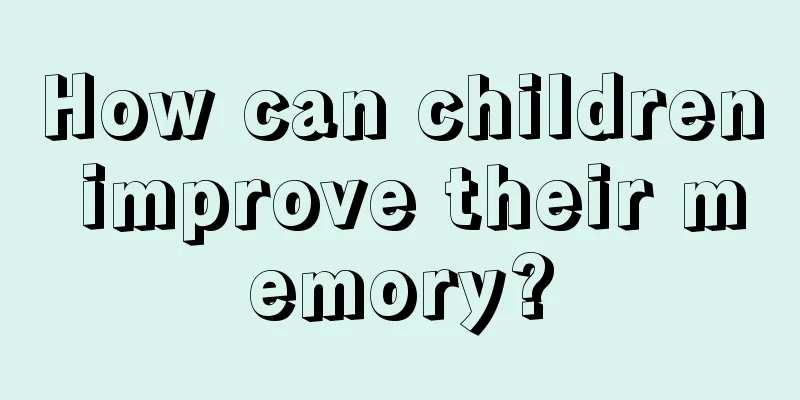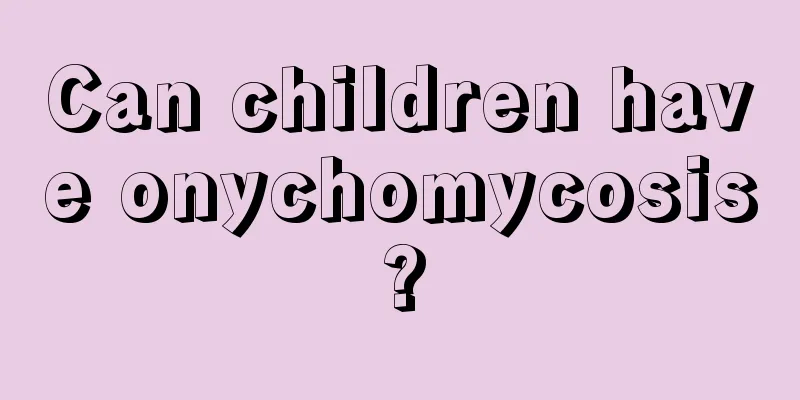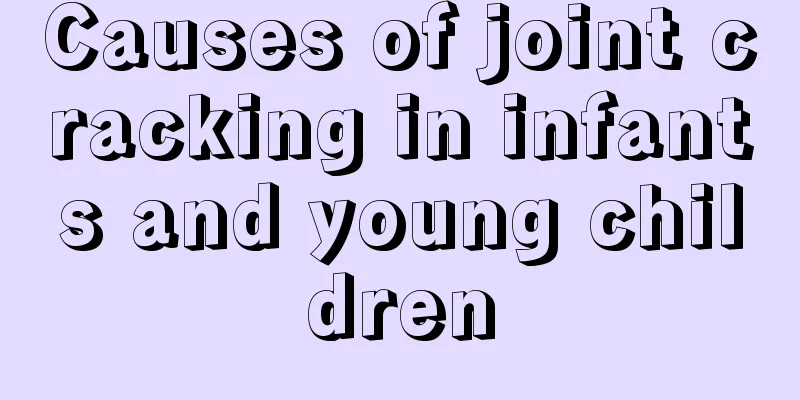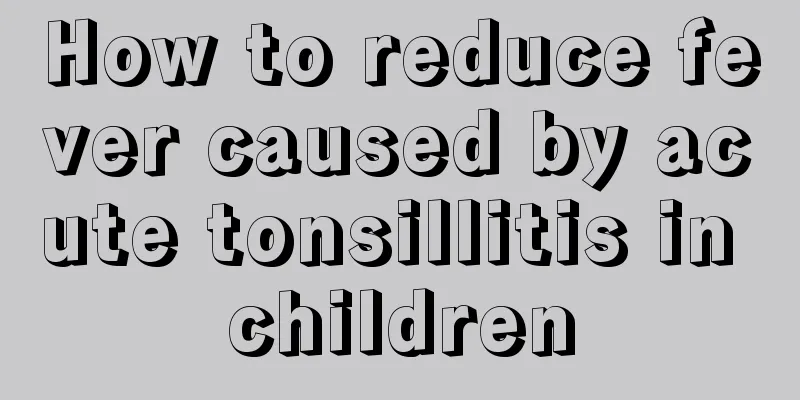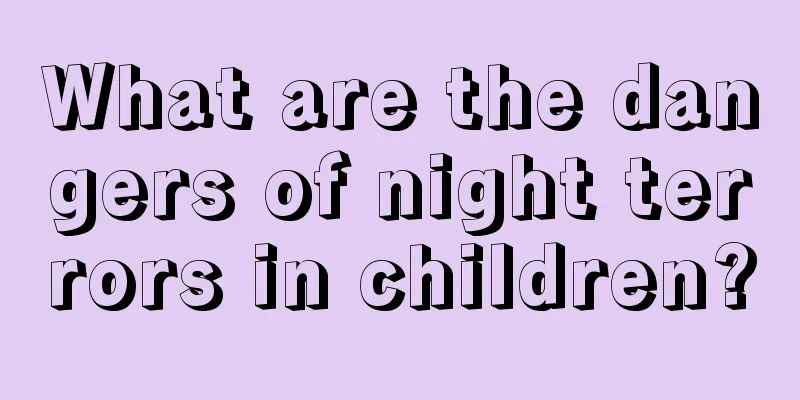What should parents do when their children are anxious?
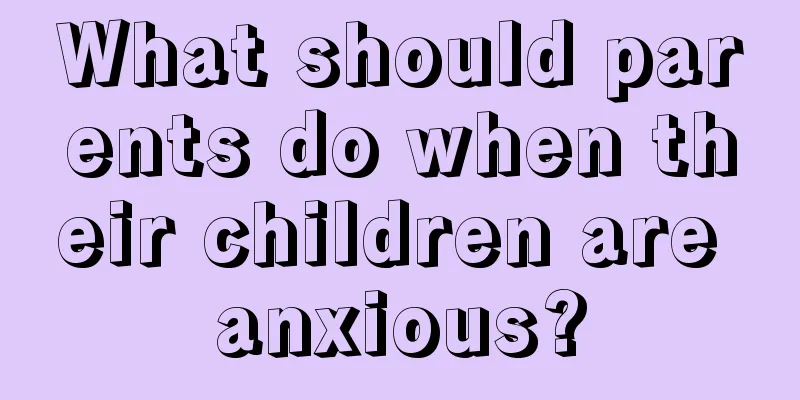
|
Sometimes children will become very anxious after leaving their parents. In this case, parents need to help their children get out of anxiety, try not to discourage them, care for them more, and try to use some methods to make them relax. This will effectively avoid anxiety. If they are lost, they need to find the specific reason.
Anxiety is a normal part of our emotions and everyone experiences it. It is important to make your children realize that this is normal and a health problem that many people will face. Anxiety can be a very educational time. Although loving parents always let their children hide in their warm arms to protect them from wind and rain when their children are anxious, parents can actually make good use of this moment to give their children psychological education. Help them face these challenges and help your children grow up. Giving them support and discussing these anxieties in their lives can help them better manage their emotions in the future. As a parent, you need to detect these symptoms in time. For infants or preschoolers, parents must pay attention to whether their children have lost behaviors, which often indicate that the children have potential anxiety. Do they become emotionally unstable or clingy? Your response will have a significant impact.If you notice your child is feeling anxious, encourage them to talk about what they are afraid of. Make sure you understand your child's feelings and that they are real. Don't underestimate or ignore your child's behavior. In fact, they are really scared. Understand your child. Sharing is good for children. Parents can try to tell their children: When I was your age, I was also scared. Saying this will let the children know that you understand them. Anxious parents bring up anxious children. If you are stressed or anxious, make sure you have someone to share it with and get support and help from, whether it's a friend or a therapist. When your children are older, you can admit that you sometimes feel anxious, and explain to them what anxiety feels like and what it does to the brain and body, and that it's not a bad thing.
When children are anxious, they can make parents nervous, but sometimes all you can do is stay calm, comfort them, and trust that your child can handle his or her own emotions. Of course, if you find that your child is overly anxious, you must not be careless. What reasons can prove that your child is overly anxious? Different children with anxiety disorders have different symptoms, but the main characteristics in early childhood are: 1. The most obvious characteristic is lack of security and uneasiness. 2. Being irritable, crying or noisy, and difficult to comfort and care for. 3. Obviously more timid than other children of the same age, easily frightened or having an ominous feeling that a disaster is about to happen in many situations, and acute attacks can reach the level of panic. 4. Unwilling to leave parents, especially clinging to mother, anxious in kindergarten, with paroxysmal tension and fear. 5. Six or seven-year-old school-age children refuse to go to school, and even if they reluctantly go to school, they rarely interact with classmates and teachers. 6. Lack of concentration in class, frequent small movements, poor academic performance, and some students also skip classes and go truant. 7. Children with severe illness may experience loss of appetite and autonomic nervous system dysfunction, such as shortness of breath, chest tightness, palpitations, rapid heartbeat, dizziness, sweating, flushing, dry mouth, cold limbs, constipation, urgency and frequency of urination, etc. 8. Difficulty falling asleep at night, restless sleep, frequent nightmares, etc. |
<<: Does a white birthmark mean you are sick?
>>: How to relieve the anxiety of entering the school
Recommend
Children often have low-grade fever
If a child often has a low-grade fever and parent...
What to do if a child has rotten feet?
It is not uncommon for children in some families ...
How to do massage for infant with cold
The problem of baby colds can be said to be the m...
What to do if your child has a cold and fever repeatedly
Colds and fevers are actually very common disease...
Is mumps serious in children?
Because mumps does not cause too many symptoms in...
Why is the boy urinating blood?
For symptoms such as hematuria, you should first ...
How to train a timid baby
For some children, they tend to be timid, especia...
Why does my baby have diarrhea after feeding?
For many young fathers and mothers, raising child...
Why are baby's palms wet when he has a fever?
Infants and young children are prone to symptoms ...
Early symptoms of epilepsy in infants
Epilepsy is often seen in adults, but rarely in c...
What are the red spots on the baby's face?
In our daily life, we sometimes find red spots on...
Why do children keep yawning?
We will find that children yawn shortly after the...
How much does a newborn baby gain in ten days?
After a child is born, his growth and development...
What food is good for children with diarrhea?
When the baby has diarrhea, not only the baby fee...
Baby's scalp eczema scabs?
The baby's skin is relatively delicate, and a...

